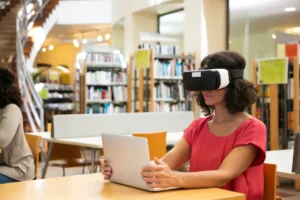The E-commerce Blog
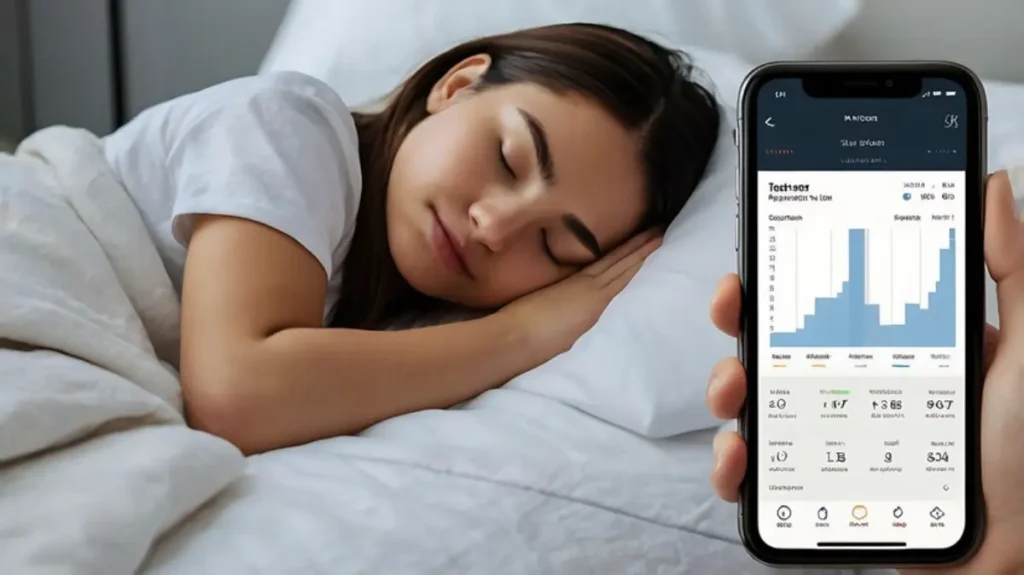
Sleep Optimisation Through AI Technology
Do you wake up feeling groggy, even after a full eight hours? Or find yourself tossing and turning, unable to fall asleep despite feeling tired?
Sleep is essential — not just for energy, but for memory, mood, and overall health. Yet, for many of us, quality rest remains elusive. That’s where artificial intelligence is stepping in to help.
Welcome to the world of AI sleep trackers, smart sleep solutions, and restful sleep tech — where your sleep is not just measured but actively improved. These tools don’t just collect data; they understand your sleep patterns, adapt to your routines, and help you rest better, night after night.
In this article, you’ll discover how AI is revolutionising sleep, the best tools available, and how you can use them to finally wake up feeling refreshed and ready.
Why Sleep Needs a Smart Makeover
Modern life isn’t kind to sleep. We’re surrounded by screens, noise, late-night emails, and endless stress — all of which disrupt our natural sleep rhythms.
Many people try to “power through” fatigue or self-medicate with caffeine or sleep aids, but these often backfire. The truth is, better sleep starts with better understanding — and that’s exactly what AI offers.
How AI Sleep Trackers Actually Work
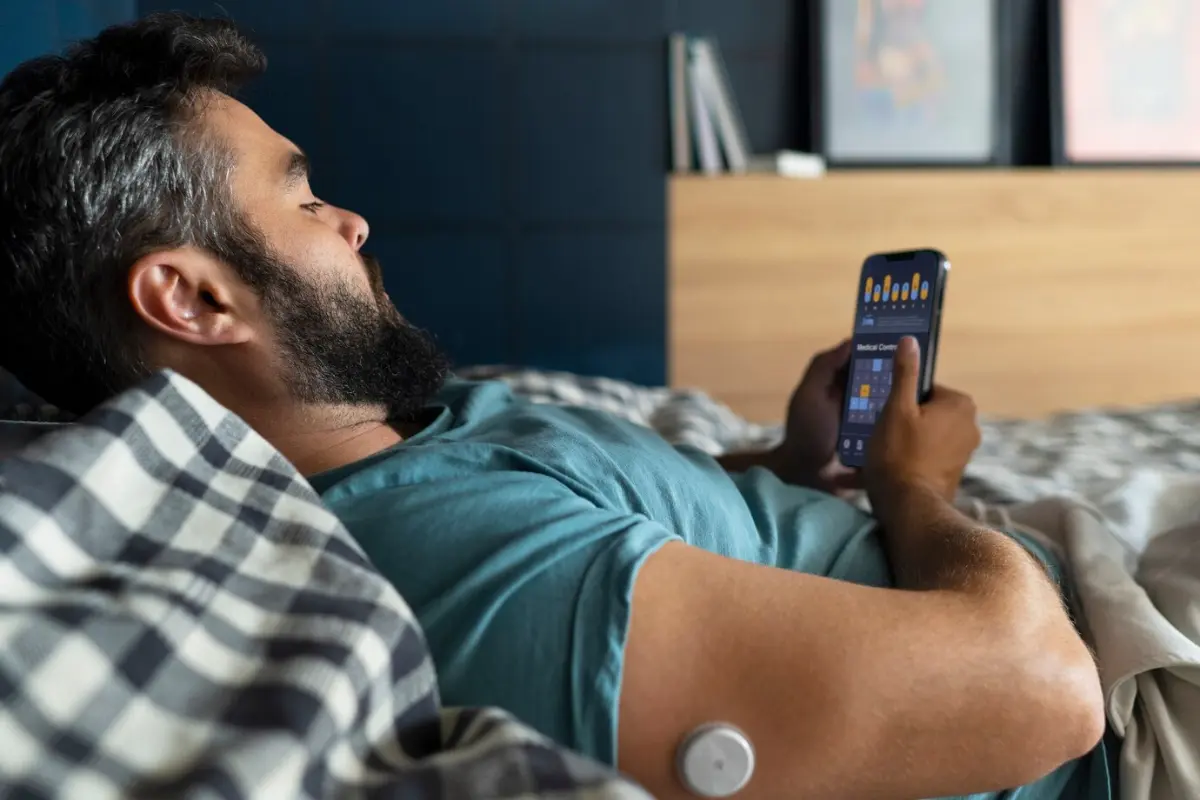
Unlike basic fitness bands that just count hours in bed, today’s AI sleep trackers use advanced algorithms to give you a full picture of your rest.
They track:
- Movement during the night
- Heart rate and heart rate variability (HRV)
- Breathing patterns and oxygen levels
- Sleep stages (light, deep, REM)
- Environmental factors like light, sound, and temperature
AI analyses this data in real time, identifies patterns, and provides personalised suggestions — turning raw numbers into meaningful insight.
The Benefits of Smart Sleep Solutions
Using smart sleep solutions goes beyond passive tracking. These tools help you build habits, adjust your environment, and even guide your body into better rest.
Key benefits include:
- Personalised feedback based on your body and routines
- Smart alarms that wake you at the lightest sleep phase
- Sleep coaching with tips tailored to your lifestyle
- Integration with smart home devices (like lights and thermostats)
- Ongoing improvement as the system learns from your patterns
Over time, AI becomes your personal sleep coach — one that never misses a beat.
Top AI Sleep Trackers and Tech to Try
Here’s a look at the leading restful sleep tech tools that are changing bedtime for the better.
1. Oura Ring
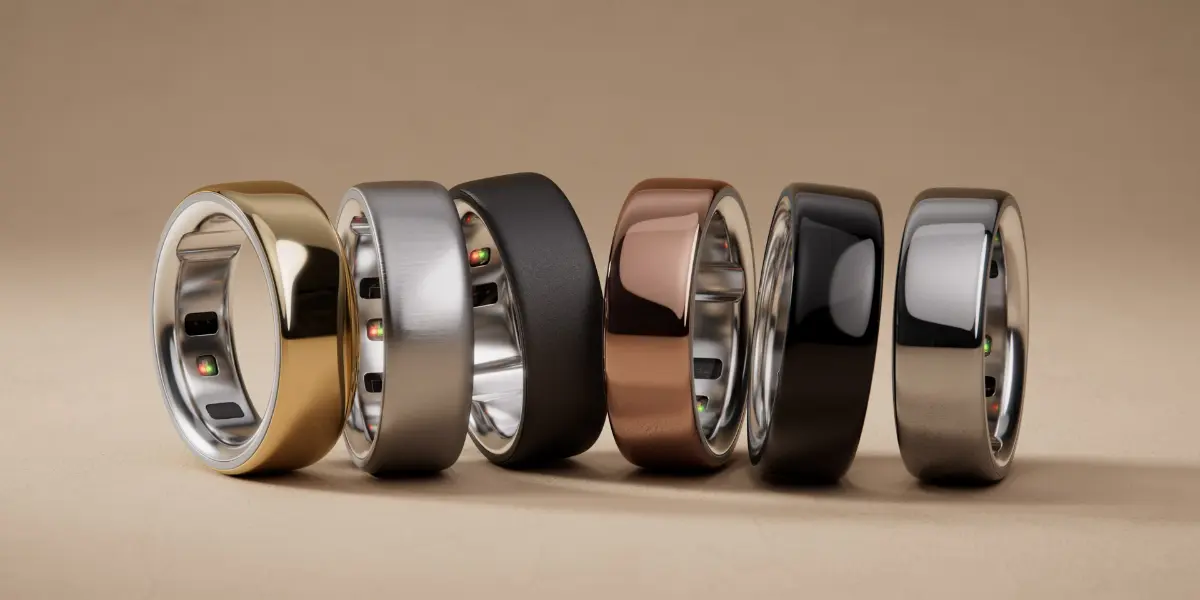
- Tracks sleep stages, HRV, body temperature, and movement
- Offers a daily Sleep Score and readiness insights
- Lightweight ring design, worn day and night
- Syncs with Apple Health and Google Fit
2. Withings Sleep Mat
- A pad that goes under your mattress
- Tracks breathing, snoring, heart rate, and sleep cycles
- Offers sleep coaching and integrates with Alexa
- No wearables required
3. Sleep Cycle App
- Uses your phone’s microphone and accelerometer
- Analyses sleep stages and wakes you gently at the right moment
- Provides long-term sleep trends and lifestyle insights
- Offers guided breathing and wind-down audio
4. Eight Sleep Pod
- AI-powered mattress cover with dynamic temperature control
- Adjusts warmth on each side of the bed in response to your sleep stage
- Tracks sleep quality and syncs with fitness devices
- Includes vibration alarm and health analytics
5. Google Nest Hub (2nd Gen)
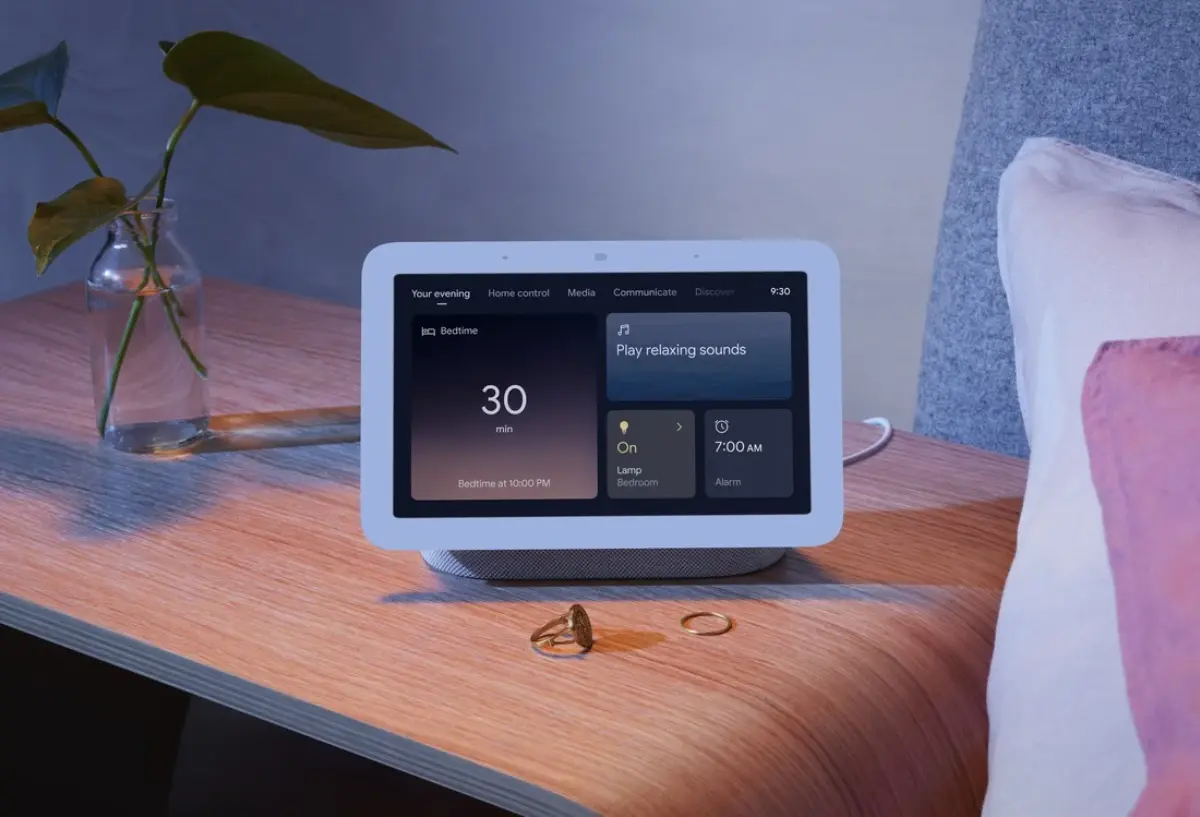
- Tracks sleep passively using radar sensors
- Monitors breathing and movement without wearables
- Offers morning summaries and bedtime reminders
- Syncs with other Google Health tools
Real-World Examples: How AI Sleep Tech Improves Lives
James, the busy executive:
James started wearing an Oura Ring to improve his energy levels. He learned that late-night emails were spiking his heart rate and delaying deep sleep. After adjusting his evening routine, his sleep score improved — and so did his focus at work.
Amina, the university student:
Amina uses the Sleep Cycle app. It wakes her gently during light sleep phases, helping her avoid that foggy morning feeling before lectures. She also gets daily tips to improve her pre-bed routine.
Priya, the wellness coach:
Priya swears by her Eight Sleep Pod. It keeps her bed cool on summer nights and warm in winter. The AI also helps her spot patterns between her workouts, diet, and sleep quality.
Features to Look For in a Smart Sleep Tracker
Not all devices are created equal. If you’re shopping for AI sleep trackers, here’s what to prioritise:
Sleep Stage Accuracy
Make sure the tracker can distinguish between light, deep, and REM sleep.
Smart Alarm Functionality
Waking during light sleep feels more natural — some apps adjust alarm time within a 30-minute window to help.
Health Integrations
Choose trackers that sync with your fitness, diet, or stress management tools for a full wellness picture.
Customised Insights
Look for AI that learns from your habits and adapts — not just static data dumps.
User-Friendly Reports
Data is useless unless it makes sense. Look for tools that present insights clearly and suggest simple actions.
Optimise Your Sleep with AI
Once you’ve chosen a tool, here’s how to get the most out of it.
1. Track Consistently
Use the tool every night for at least two weeks. Patterns need time to emerge.
2. Review Daily Reports
Check your sleep score or summary each morning. What went well? What didn’t?
3. Make One Change at a Time
If you sleep poorly, try adjusting just one factor — like screen time or room temperature — based on AI suggestions.
4. Use Wind-Down Features
Apps like Sleep Cycle offer guided breathing, meditation, or calming music. Use these features to build a relaxing bedtime ritual.
5. Adjust Your Environment
Sync your tracker with smart lights or thermostats to automate your ideal sleep setting.
The Future of Restful Sleep Tech
We’re just scratching the surface of what AI can do for sleep.
Here’s what’s coming next:
- Real-time stress detection and pre-bed interventions
- AI-guided naps based on your energy patterns
- Bedtime voice assistants that adapt tone and suggestions
- Custom sleep supplements based on your data
- Full health ecosystem integration, syncing sleep with nutrition, movement, and mental wellness
Smarter Tech, Better Rest
You don’t need to accept poor sleep as your normal. With the help of AI sleep trackers, smart sleep solutions, and restful sleep tech, you can take control of your nights and transform your days.
These tools help you understand your sleep like never before — offering insights, support, and personalised tips that lead to real change.






